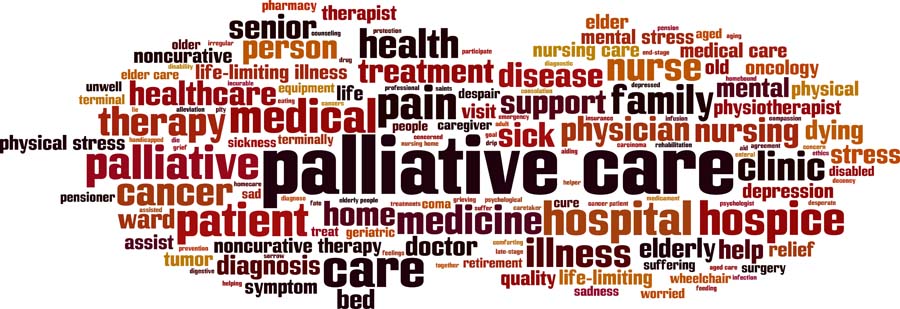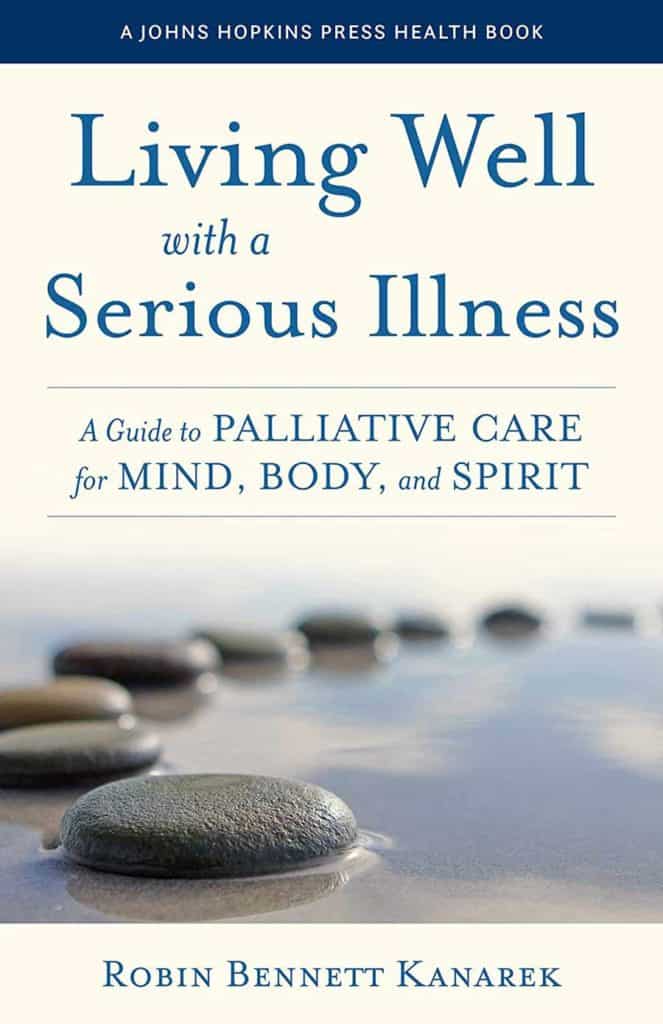Please view our updated COVID-19 guidelines and visiting procedures →.

You have just been diagnosed with a serious illness and your doctor is doing their best to provide you the information you need to proceed with treatment. You are terrified, overwhelmed and have no idea how to proceed. You feel like you are living out a nightmare.
Robin Kanarek was in the same situation with her husband, Joe, when their ten-year-old son, David, was diagnosed with leukemia in 1995. Robin, though, was an R.N. with over fifteen years of nursing care experience and had the medical connections and background to navigate her son's care. But as David was ready to start high school at the age of fourteen, he relapsed, and it was discovered that his leukemia was more aggressive than his original diagnosis. As he was too weak for another two-year round of chemotherapy, the Kanareks could not find a perfect match for a bone marrow transplant for David; his only chance for survival was a stem cell transplant using his then ten-year-old sister, Sarah as a donor.
Robin and her family navigated two top health centers caring for David for almost five years. David's journey ended in despair when he died in 2000 following devastating complications from his transplant. He was fifteen years old, but their journey continued; and in the midst of their profound grief, the Kanareks attempted to make sense of what had happened to heal and keep their family intact. Their grief was so insurmountable that the Kanareks decided they needed to move abroad to heal privately and focus on helping their daughter adjust to the loss of her beloved brother, become an only child, and living in a new country, and making new friends.

It was in London that Robin started her journey to heal and give her family's life some semblance of normalcy. Two years of intense grief counseling helped her realize that she could share what she had learned from her devastating experience with her son's illness. Soon she began volunteering and fundraising for a U.K. organization that cared for adolescents and young adults with cancer. Robin realized that little attention had been given to the psychological, social or spiritual aspects of care for David or themselves. She soon learned about a subspecialty in 2006—palliative care.

Most people, including health care providers, are unaware of palliative care's many benefits. Many equate palliative care with hospice, but it is not. Palliative care can be introduced at any time of a serious diagnosis and in conjunction with curative treatment, which hospice does not provide. Palliative care is ideally provided by an interdisciplinary team that includes physicians, nurses, social workers, chaplains, pharmacists, and allied health providers working together to address pain management, education, and medical, emotional, spiritual, and psychological support. Improving the quality of life for those who suffer from a serious or life-threatening illness is the key tenet of palliative care.
In an effort to help other families with the unique and challenging needs of cancer treatment, Robin wrote her first book, Living Well with a Serious Illness: A Guide to Palliative Care for Mind, Body, and Spirit. The topic of this book is timely. According to the U.S. Census Bureau, the number of individuals over 65 has surpassed those under the age of five. Never before have there been so many people over the age of fifty, the age when, statistically, the greatest incidence of serious and life-threatening diagnoses begins. According to the Centers for Disease Control (CDC), six in ten adults in the U.S. have a chronic disease (four in ten adults have two chronic diseases). These numbers point to a growing need for palliative care, particularly as modern medicine offers more aggressive treatment options for the seriously ill.

The public needs to be educated on the benefits of palliative care. Healthcare providers also require clarification on what palliative care encompasses. Unfortunately, there has been very little written in easy-to-understand language to educate the average consumer; most books on palliative care are textbooks geared toward healthcare professionals. There is a national conversation about recognizing the limits of current medicine and the importance of seeing "patients" as individuals who need and benefit from the care of mind, body, and spirit. That philosophy is the essence of palliative care.
Robin Bennett Kanarek, RN, is the president of the Kanarek Family Foundation, established in 2006, whose mission is to improve the quality of life for those affected by serious, life-threatening conditions through promoting, integrating, and educating the medical industry and the public about palliative and supportive care in all areas of health care. She lives in Greenwich, Connecticut. Her first book, Living Well with a Serious Illness: A Guide to Palliative Care for Mind, Body, and Spirit, is published by Johns Hopkins University Press. It can be purchased on Amazon.
Ms. Kanarek has performed a great service for all of us in the palliative care field. She has managed to write a book that explains, in layman's terms, what everyone should understand about the uses and benefits of palliative care. Even medical professionals will benefit from her discussions of how patients, their families, and their caregivers should be interacting when someone has a serious illness. This book should be on every bookshelf, to be read and reread as the need arises.
―Barbara Pearce, President and CEO, The Connecticut Hospice, Branford, CT
This book is a gift to both clinicians and patients. Robin shared her story from the perspective of a healthcare giver, a wife, and a mother. She speaks to the heart of how the patient and entire family is affected in the face of serious illness. The gift is in the sharing and learning we can all do to ensure David and the Kanarek family's gift of their most private and painful moments will contribute to our better journey.
―Diane P. Kelly, President, Greenwich Hospital; EVP, Yale New Haven Health
This book is essential reading for anyone who will live with a serious illness or care for someone with one―which is essentially everyone. Kanarek writes as a mother who shares the loss of her son and has spent three decades sharing her experience with others to support their journeys. It is a book written from the heart and is both a practical guide as well as a deep reflection of how to navigate the challenging, and sacred, time of the end of life.
―Betty Ferrell, PhD, FAAN, FPCN, CHPN, Professor, City of Hope Medical Center, Duarte, CA
Robin Kanarek is the ideal translator of palliative care for people living in the real world. She is a nurse and knows our health care system. She cared for her own seriously ill child. If someone you love is sick, this book is your guide to the oasis that is palliative care, often hidden in plain sight, but yours for the asking.
―Diane E. Meier, MD, Center to Advance Palliative Care, Icahn School of Medicine, Mount Sinai Hospital, New York City

As a not-for-profit, we depend on generous donors to help us provide customized services and therapies that aren’t completely covered by Medicaid, Medicare, or private insurance.
Please make a gift to help us sustain the highest standard of care.
Admissions may be scheduled seven days a week.
Call our Centralized Intake Department: (203) 315-7540.